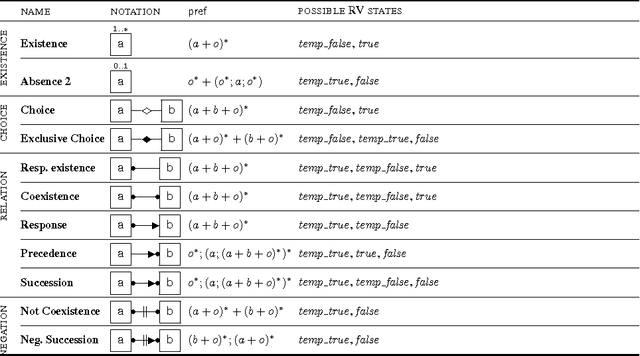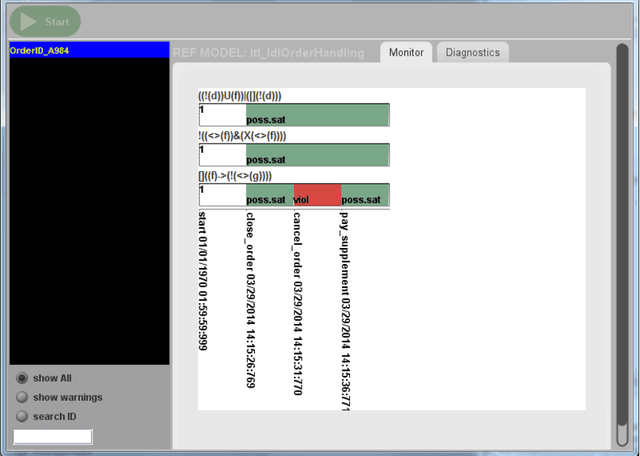Fabrizio Maggi
Survey and cross-benchmark comparison of remaining time prediction methods in business process monitoring
May 10, 2018



Abstract:Predictive business process monitoring methods exploit historical process execution logs to generate predictions about running instances (called cases) of a business process, such as the prediction of the outcome, next activity or remaining cycle time of a given process case. These insights could be used to support operational managers in taking remedial actions as business processes unfold, e.g. shifting resources from one case onto another to ensure this latter is completed on time. A number of methods to tackle the remaining cycle time prediction problem have been proposed in the literature. However, due to differences in their experimental setup, choice of datasets, evaluation measures and baselines, the relative merits of each method remain unclear. This article presents a systematic literature review and taxonomy of methods for remaining time prediction in the context of business processes, as well as a cross-benchmark comparison of 16 such methods based on 16 real-life datasets originating from different industry domains.
LTLf and LDLf Monitoring: A Technical Report
Apr 30, 2014

Abstract:Runtime monitoring is one of the central tasks to provide operational decision support to running business processes, and check on-the-fly whether they comply with constraints and rules. We study runtime monitoring of properties expressed in LTL on finite traces (LTLf) and in its extension LDLf. LDLf is a powerful logic that captures all monadic second order logic on finite traces, which is obtained by combining regular expressions and LTLf, adopting the syntax of propositional dynamic logic (PDL). Interestingly, in spite of its greater expressivity, LDLf has exactly the same computational complexity of LTLf. We show that LDLf is able to capture, in the logic itself, not only the constraints to be monitored, but also the de-facto standard RV-LTL monitors. This makes it possible to declaratively capture monitoring metaconstraints, and check them by relying on usual logical services instead of ad-hoc algorithms. This, in turn, enables to flexibly monitor constraints depending on the monitoring state of other constraints, e.g., "compensation" constraints that are only checked when others are detected to be violated. In addition, we devise a direct translation of LDLf formulas into nondeterministic automata, avoiding to detour to Buechi automata or alternating automata, and we use it to implement a monitoring plug-in for the PROM suite.
 Add to Chrome
Add to Chrome Add to Firefox
Add to Firefox Add to Edge
Add to Edge